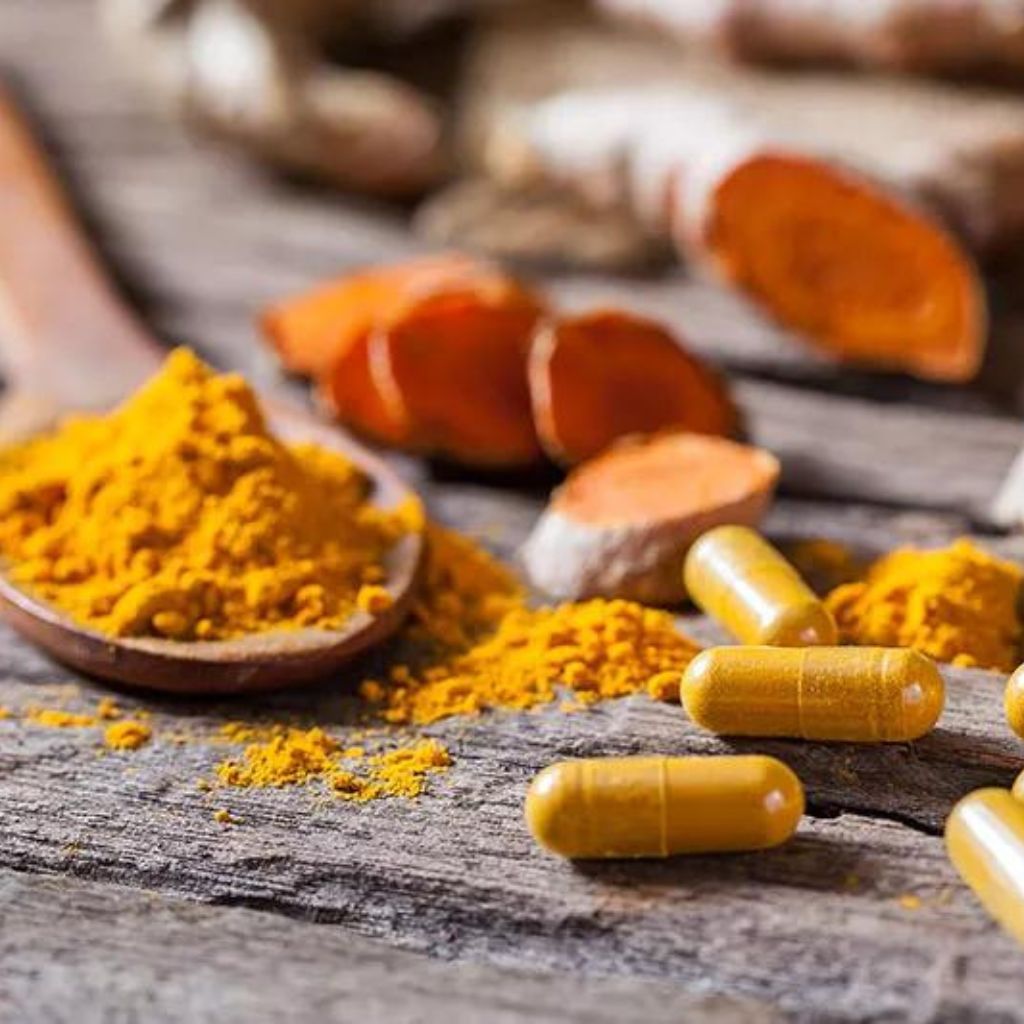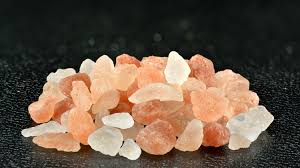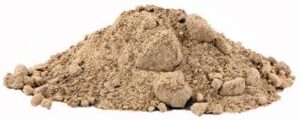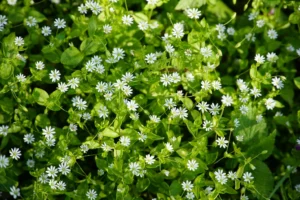Turmeric and Cancer: The Role of Curcumin in Fighting Disease

Turmeric, a vibrant yellow spice, has been celebrated for centuries for its medicinal properties, particularly due to its active compound, curcumin. This powerful polyphenol has gained significant attention in recent years for its potential role in cancer prevention and treatment. Curcumin’s multifaceted ability to target various molecular pathways involved in cancer cell growth positions it as a key subject of ongoing research. Here’s a detailed look at the latest findings regarding curcumin’s anti-cancer properties and the advancements in its supplementation.
Curcumin’s Anti-Cancer Potential:
A pivotal study published in Cancer Research investigated the effects of curcumin on breast and colon cancer cells. The research revealed that curcumin effectively inhibited cell proliferation and induced apoptosis, or programmed cell death, in malignant cells. This anti-cancer activity is believed to arise from curcumin’s capacity to disrupt several key signaling pathways that are crucial for cancer cell survival and growth, such as the NF-kB, STAT3, and Wnt/β-catenin pathways.
Moreover, curcumin has shown promise in reducing inflammation, a significant contributor to cancer development. By modulating inflammatory cytokines and enzymes, curcumin may help create a less favorable environment for cancer cells. Despite these promising findings, researchers caution that curcumin is poorly absorbed when consumed in dietary amounts, making it challenging to attain therapeutic effects without the aid of specialized formulations or supplements.
Advances in Supplement Formulations
In response to the challenges of curcumin bioavailability, supplement manufacturers have invested in developing advanced formulations designed to enhance its absorption. One of the most common strategies involves the addition of piperine, an active compound found in black pepper, which has been shown to increase curcumin absorption significantly. Some supplements also utilize nanoparticles or liposomal delivery systems to improve bioavailability further.
As interest in curcumin continues to rise, medical experts emphasize that it should be viewed as a complementary treatment option within an integrative cancer care framework. Curcumin is not intended to replace conventional cancer therapies but rather to enhance their efficacy. Ongoing clinical trials are critically evaluating the optimal dosages and formulations of curcumin for cancer treatment, seeking to establish guidelines that could pave the way for its integration into standard therapeutic regimens.

Raw Carob Powder
Raw Carob Powder Raw Carob Powder is derived from the dried pods of the carob tree (Ceratonia siliqua). The pods are ground into a fine,

Echinacea and its Evolving Role in Cold Treatment
Echinacea and its Evolving Role in Cold Treatment Echinacea, a vibrant purple coneflower, has a rich history in traditional medicine, particularly valued for its immune-boosting

Himalayan Pink Salt
Himalayan Pink Salt Himalayan pink salt is renowned for its distinct and attractive appearance. Typically found in large crystals or fine granules, it displays a

Spiritual Protection Bath
Spiritual Protection Bath This bath ritual is perfect for cleansing and protecting your aura from negative influences. Commonly used in spiritual practices for shielding and

Benzoin Gum Powder
Benzoin Gum Powder Benzoin Gum Powder is derived from the resin of the Styrax benzoin tree, known for its sweet, balsamic aroma. The resin is

Chickweed
Chickweed Chickweed is a small, delicate annual herb that thrives in cool, moist environments. It is commonly found in gardens, lawns, and meadows, often considered